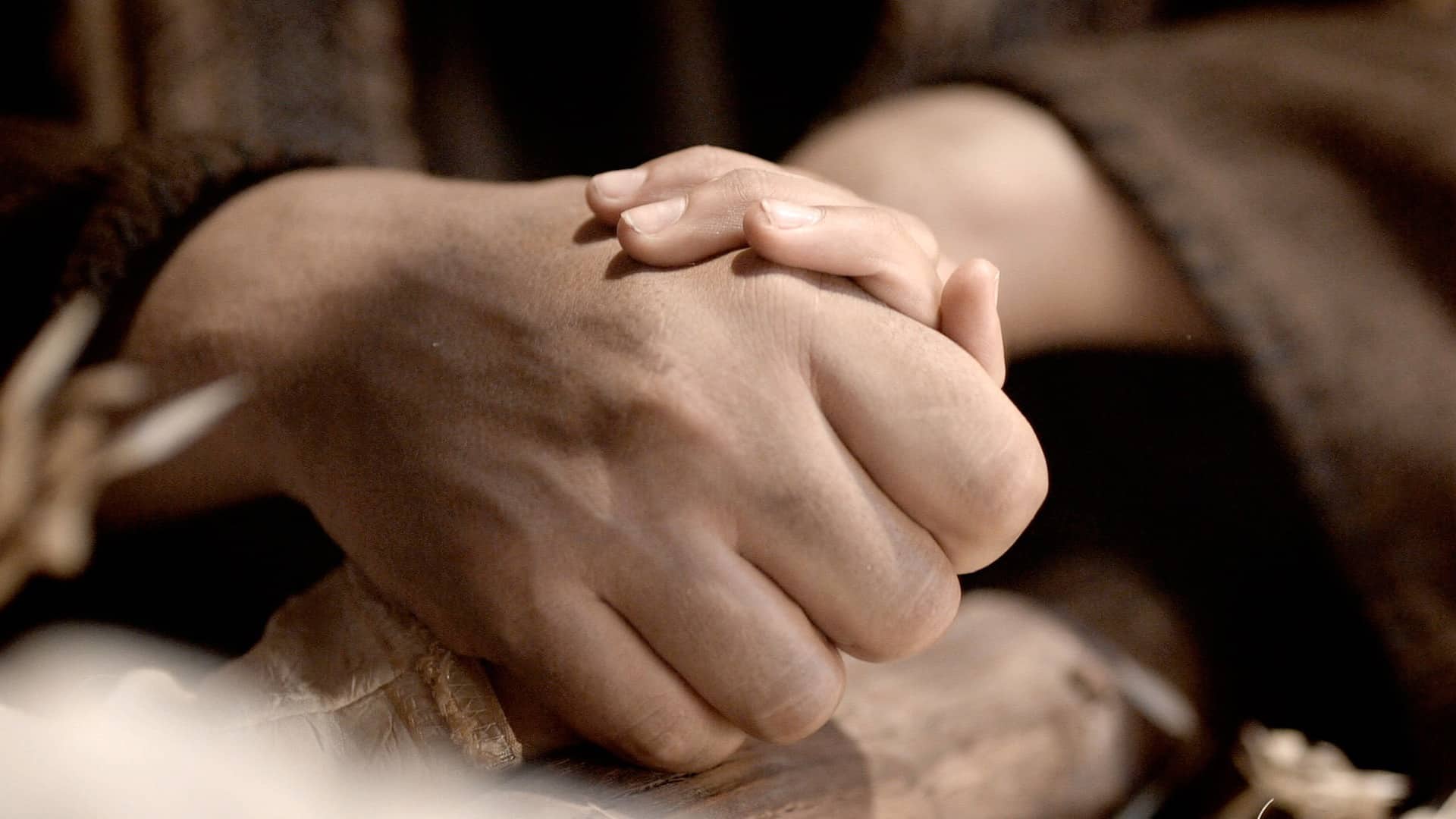Matthew wrote that “the birth of Jesus Christ came about this way: After His mother Mary had been engaged to Joseph, it was discovered before they came together [in marriage] that she was pregnant by the Holy Spirit” (Matt. 1:18). It’s important for us to understand that engagement in that culture was not as informal as is our custom of engagement today. The KJV says “Mary was espoused to Joseph”; the ESV says, “betrothed.” The couple’s parents made the arrangements. Formal vows already had been exchanged before witnesses, yet during this period the couple did not live together as husband and wife, even though they were called husband and wife (note that in verse 19, Joseph is called Mary’s husband, and in verse 20 of the KJV, Mary is called Joseph’s wife). Instead, for one year, the woman would continue to reside with her parents, and the man would reside with his. After this period was over, as part of the wedding ceremony, the groom would go to the home of the bride’s parents to get her, then with great fanfare he would take her to his home where they would live together as a married couple. Because of the strength of the bond that existed in betrothal, a divorce was required—even during this period before the actual wedding took place—to dissolve the union.
All this is relevant because of the dilemma that Joseph would face. Matthew tells us that before Joseph and Mary “came together” in marriage, “it was discovered” that Mary “was pregnant by the Holy Spirit” (v. 18). Mary, of course, knew she still was a virgin because her pregnancy had been divinely initiated. But Joseph—what else could he conclude but that Mary had been unfaithful to him? If Mary indeed had been unfaithful, she would have been guilty of adultery. Since she apparently was guilty, Joseph could bring a lawsuit against her to divorce her, publicly humiliating her in the process. Although death was the penalty for adultery according to Mosaic Law (see Deut. 22:23-24), by this time such a punishment was not carried out.
Another option open to Joseph was to privately give Mary a bill of divorcement (see Deut. 24:1). In doing this, he would avoid subjecting her to public ridicule. Even though he had “decided” (Matt. 1:19) to take this course of action, it is clear that Joseph had wrestled over the matter. The word translated considered in verse 20 also means “deliberated, pondered.” The overall tone verse 18-21 also points to a struggle in this kind and righteous man. It wasn’t necessarily that Joseph came close to bringing public divorce proceedings against Mary; but he surely was bewildered and hurt. At any rate, the matter weighed heavily on him.
Fortunately, God would intervene and give Joseph the assurance that Mary’s pregnancy was His doing. As Mary’s husband and Jesus’ earthly father, Joseph filled important, God-given roles in the divine plan to save people from their sins. Of course, Joseph was a sinner in need of a Savior, just as Mary was. But God used them both. We can be thankful that despite the challenges that lay ahead, both Joseph and Mary cooperated with the Lord to make His plan a reality in the way He envisioned.
Copyright © 2015 B. Nathaniel Sullivan. All rights reserved.
photo credit: www.lumoproject.com
Unless otherwise noted, all Scripture quotations in this article are taken from the Holman Christian Standard Bible®, Copyright © 1999, 2000, 2002, 2003, 2009 by Holman Bible Publishers. Used by permission. Holman Christian Standard Bible®, Holman CSB®, and HCSB® are federally registered trademarks of Holman Bible Publishers.
